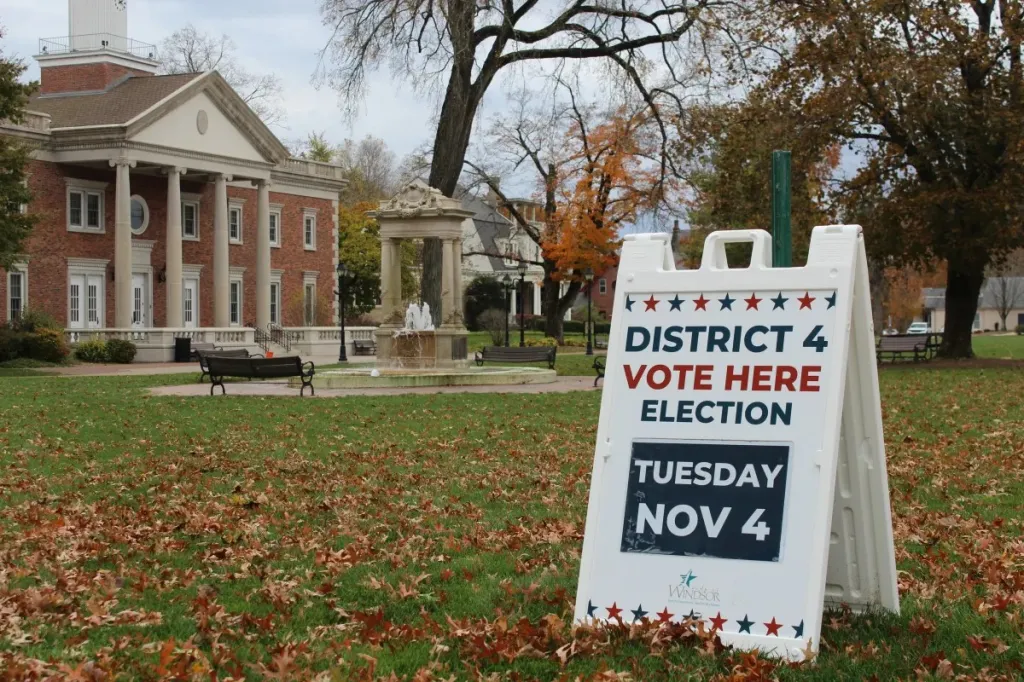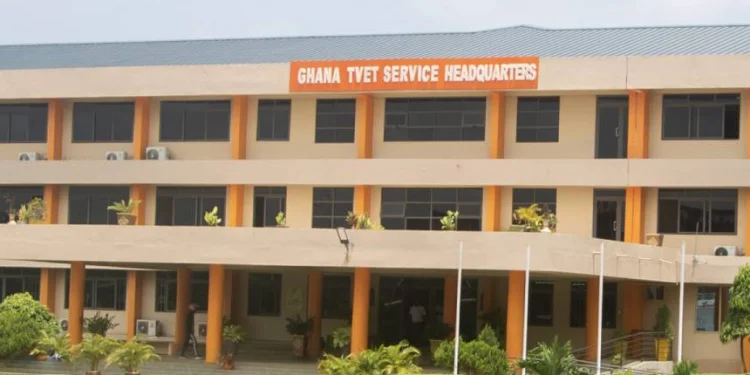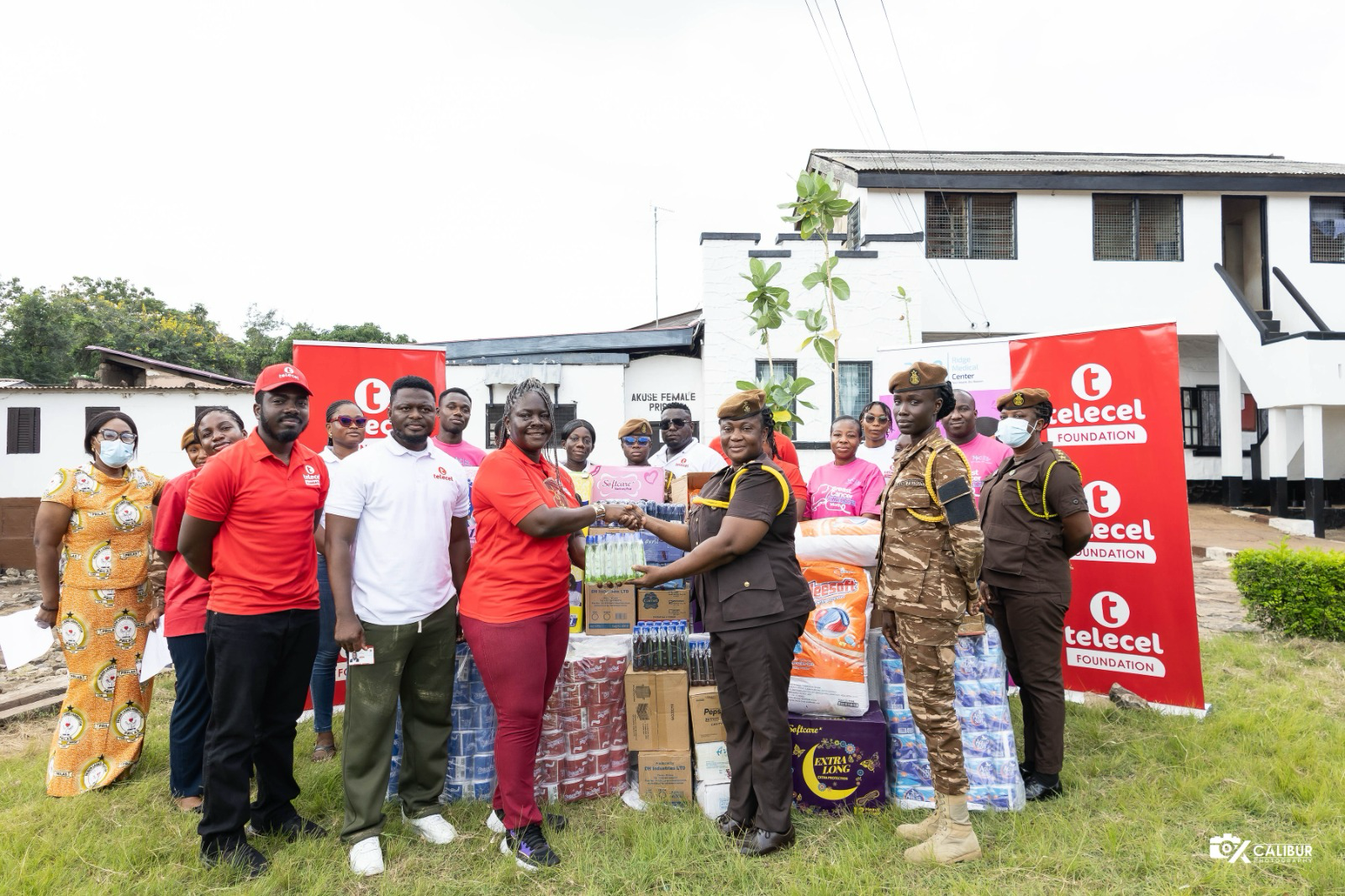Copyright Hartford Courant

The Vernon Democratic Town Committee was scrambling to find a candidate to challenge the town’s well liked, six-term Republican mayor, Daniel Champagne. It was June, just five months until this year’s municipal election, and no one had stepped forward. “It was like pulling teeth to fill out the slate,” said state Rep. Kevin Brown, D-Vernon. “We were going through a Rolodex of if there’s anybody who knows anybody who would run for mayor.” With the clock ticking down to November, the committee leaders approached Jeremy Geller, a retiree who serves on the town’s Conservation Commission. Geller, 67, had never dreamed of entering politics. He was enjoying his retirement, biking Connecticut’s rail trails and tending to his garden while keeping an eye on local issues. When he was first asked, he was reluctant. Geller enjoyed being an anonymous person. And rising political violence in the news worried him, especially the assassination of Minnesota Democratic state representative Melissa Hortman and her husband. “There’s such vituperation and tendency even to political violence,” Geller said. “I wondered, well, what do I lose by running? I mean, do I lose my safety?” For party leaders in towns and cities around Connecticut — and across the country — finding candidates to run for local offices is getting harder. There are 39 uncontested races for mayor or first selectman in Tuesday’s municipal elections in Connecticut. Twenty-four Republicans and 15 Democrats are running unopposed. Nationally, 70% of elections were uncontested in 2024, according to a Ballotpedia analysis that included all levels of government except the presidency. Connecticut was on par with that average, with 71% of all races unopposed. Connecticut political organizers, state officials and researchers say a more hostile national political climate and declining civic engagement — on top of the substantial time commitment required of local officials — have discouraged many potential candidates from seeking office. Connecticut Secretary of the State Stephanie Thomas has sought to address the issue through an educational campaign. Last week, her office launched an online platform to teach residents about how to engage with local politics and policy. The site includes resources about how to run for office. Joseph Thornton, a spokesman for the Connecticut Conference of Municipalities, said he visited 10 towns over the past six weeks and every one of them mentioned a problem with candidate recruitment. He said one town official told him she’d like to leave her post but there was no one available to fill it, and she didn’t want to put the town in that position. “You factor in … all the pressures of the job, late nights 24/7, and you throw in that people are just going to yell and scream at you no matter what you do, it’s not very attractive,” Thornton said. A big commitment Holding a public office is no easy job, and the political climate in recent years has added challenges. On Connecticut town Facebook pages, commenters call local leaders corrupt, take aim at them with expletives and assign uncharitable nicknames. “Many municipal officials feel like they’re under attack in the community,” said Elizabeth Gara, executive director of the Connecticut Council of Small Towns. “And it’s not just an issue in local politics, it’s an issue across the nation.” More than half of local elected officials have experienced threats or harassment, according to a study of over 4,000 of these officials conducted by Princeton University’s Bridging Divides Initiative (BDI) and CivicPulse. Other BDI research found that local politicians have been particularly on edge in the wake of highly publicized incidents of political violence — among them the assassinations of Hortman and activist Charlie Kirk and the arson of the home of Pennsylvania Gov. Josh Shapiro. In the first half of 2025, there was a 9% increase in harassment of local officials compared with the same period last year, according to the study, which identified nearly 300 incidents of harassment in the first half of this year. Nancy DiNardo, former chair of the Connecticut Democratic party from 2005 to 2015, said that during her tenure, residents were generally civil toward people running for office because they often knew them personally or through local communities. That may be less of an inhibitor now. “We’re seeing it here in Connecticut: a lot of trolling on social media, a lot of hostile, nasty comments on social media, a lot of stalking when you’re out campaigning,” said Patricia Russo, executive director of The Campaign School at Yale University, a nonpartisan organization that trains women to run for office. For some people who might consider running for office, “that is definitely a deterrent,” Russo said. Benjamin Proto, chair of the Connecticut Republican party, said he first observed online vitriol toward candidates as Facebook was becoming more popular, and he has seen it grow alongside the expansion of social media. “People will go after spouses, they’ll go after children,” Proto said. “And people look at that [and think], ‘I don’t want to put my family through that. It’s not worth the time, it’s not worth the effort, it’s not worth the BS that I have to put up with to sit on the Planning and Zoning Commission.’” State Sen. Matt Lesser, D-Middletown, has experienced repeated online threats of violence. State Senate Minority Leader Stephen Harding, R-Brookfield, and Attorney General William Tong have both been threatened with bombs at their homes. Windsor Mayor Nuchette Black-Burke said it has been difficult to find people willing to fill Board of Education and constable positions in her town. She said she believes political conflicts should not become personal. “Folks that don’t understand that we can disagree on a point, but we can still go down to the local eatery and have a cup of coffee,” Black-Burke said. Holding office can also be time-consuming, another aspect that keeps people from running. “Serving as first selectman or mayor is a 24/7 position at this point,” Gara said. State and federal regulations heap responsibilities on municipal officials, she said. For example, stormwater management requires record keeping and inspections — and compliance takes time and resources, Gara said. People are busy, she added. In many families, both parents work full time and children are enrolled in several extracurriculars. Because Connecticut operates without county governments, each town has to manage all of its own resources, from police to schools to the fire department. As communities grow and governments take on more responsibilities, managing it all becomes a bigger job, and elected officials don’t usually have large staffs, Proto said. “You began to see government become more complicated, government becoming more expensive, government providing more services at all levels that had to be managed,” he said. CCM’s Thornton said more state financial support could help overburdened local leaders comply with changing state regulations, and thereby make the positions more attractive. Holding public office can sometimes feel like thankless work, especially as engagement in local civic matters seems to be declining. Windsor’s Black-Burke said she believes public service used to carry respect in a way it no longer does. But she tells potential candidates that elected office is about something more. “It’s really about building a legacy, building change, trying to be a difference in your community,” she said. Maresa Strano, deputy director of the political reform program at left-leaning think tank New America, said it matters who parties recruit for office, because that can affect civic engagement. State party chairs tend to recruit fewer women and minorities because they’re seen as less electable, she said. And that bias contributes to the shortage of candidates because “there are just fewer of those older, pillar-of-the-community white guys who have a dynasty in that town,” she said. “A lot of those people are retiring or dying, and who’s going to take over?” Strano said. Education is a start State politicians say that investing in civics education is important to get more people to take part in elections. “What I’ve learned is that people care deeply about their communities and they want to become more involved, but they don’t know where or how to get started,” Secretary of State Thomas said at an Oct. 27 press conference about the new online educational platform her office launched, Power of Civics. State Rep. Brown, of Vernon, said a lot of people simply don’t know these local leadership positions exist. Local governance is not always taught, and community members may never interact with their officials or learn what they do, he said. DiNardo, the former state Democratic party chair, said personal outreach encouraging people to run is crucial. Sometimes it’s as simple as explaining that the effort of campaigning can be more time-consuming than holding the office itself, she said. It all comes down to that kind of effort, she added, and town committees often don’t expend energy on elections that seem out of reach. Proto, the Republican party chair, said sometimes unopposed elections simply mean that residents generally approve of the incumbent, and any challenger may not have much of a chance. Strano said she sees all the uncontested races in Connecticut as a good way for third parties and young people to get a foothold in politics. “I think that these third parties would see those uncontested races or vacancies as opportunities to run their own candidates,” Strano said. “Seems like a really missed opportunity on their part.” She added that these races are a good way for young people to get involved and provide an opportunity to change the makeup and priorities of local government. Geller, the Vernon retiree, entered his town’s race for mayor in July. He’s a long-shot challenger, but he has focused his campaign on issues he’s passionate about, like health care and housing. And on the trail, Geller said he’s found a positive reception to door-knocking and hasn’t experienced any of the attacks he feared. Uncontested elections, even for down-ballot races in the smallest towns, put “power in the hands of the few,” said Brown. “They say the world is controlled by people who show up,” he said. Josie Reich is a reporter for the Connecticut Mirror. Copyright 2025 @ CT Mirror (ctmirror.org).



